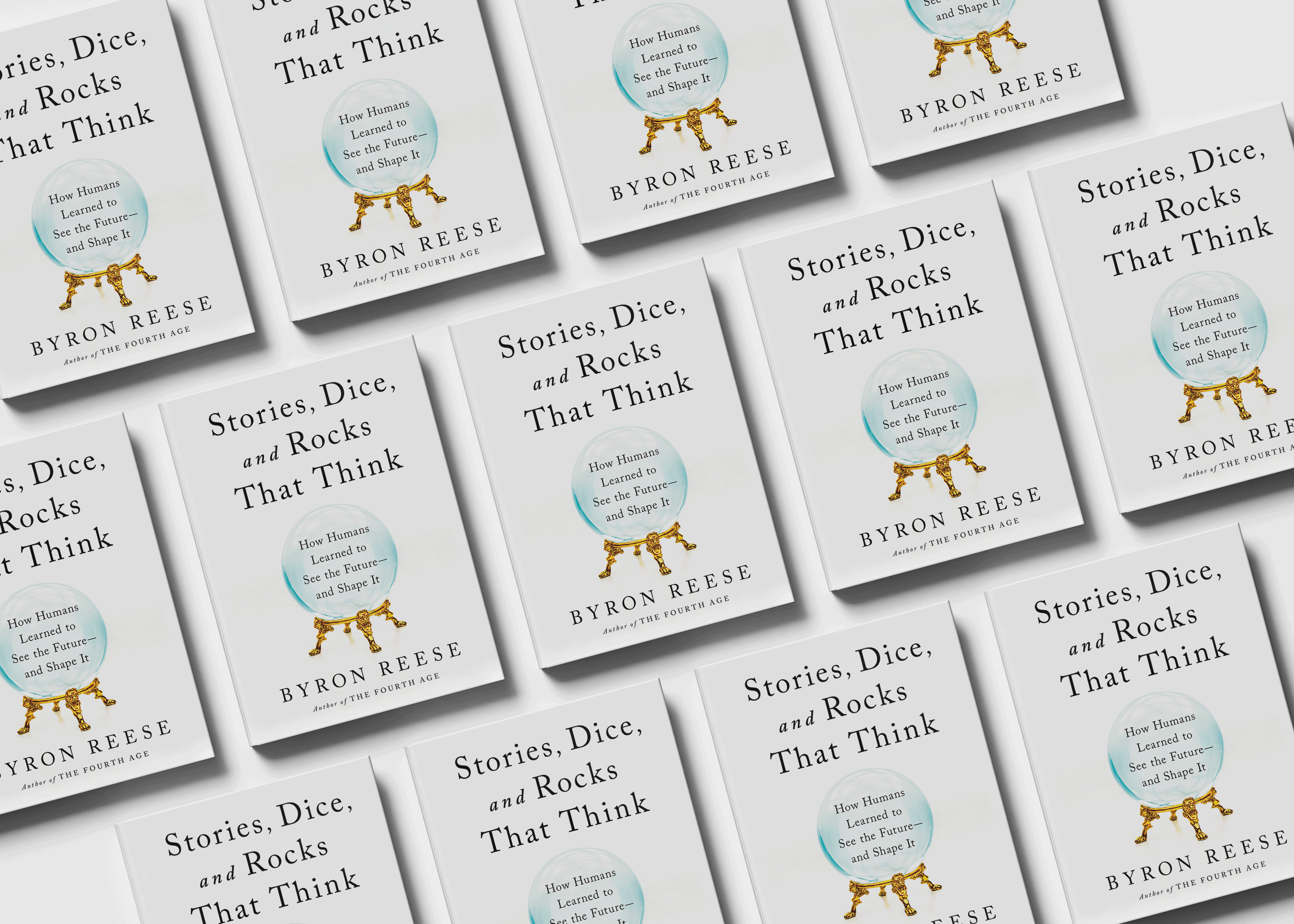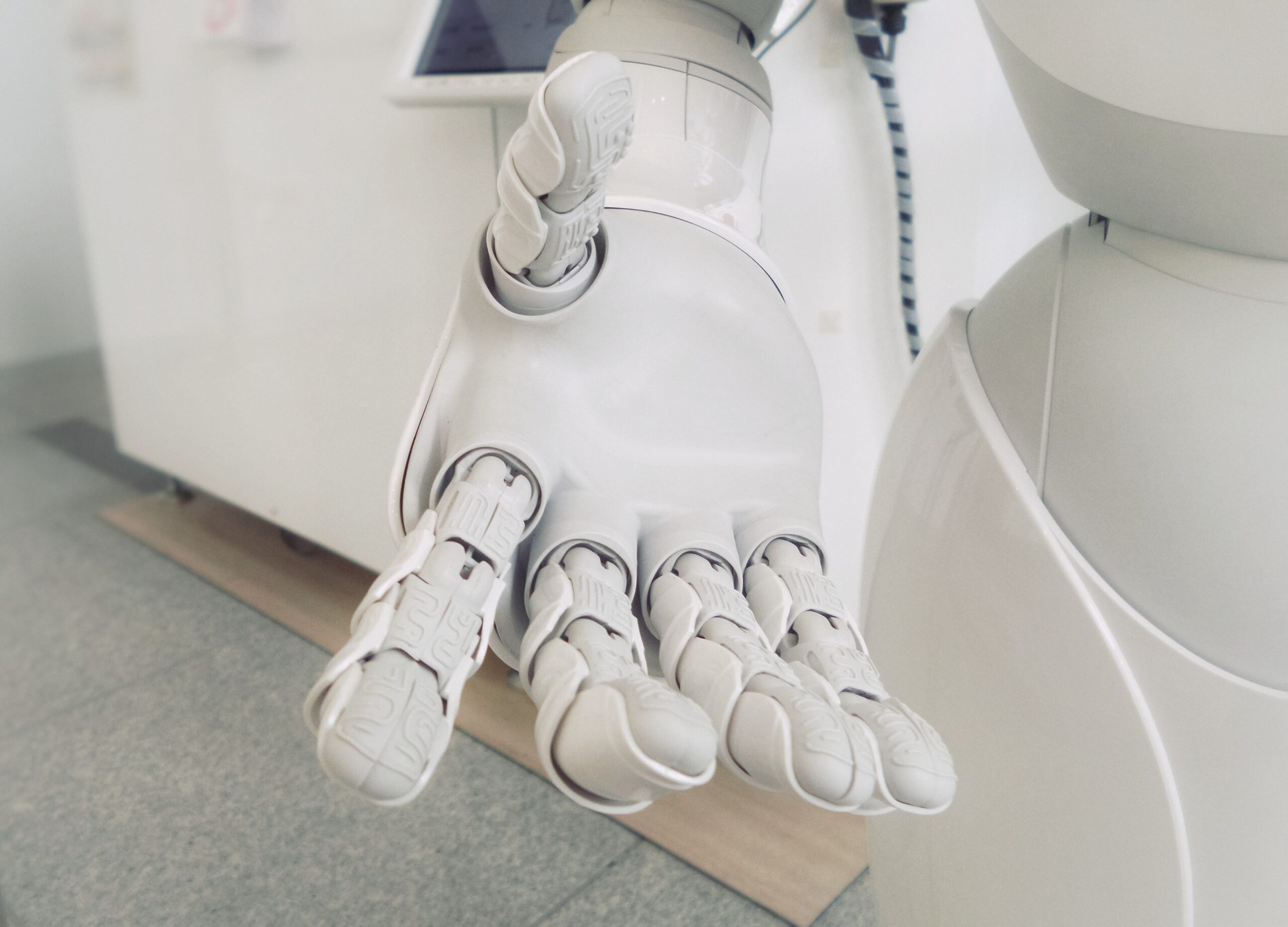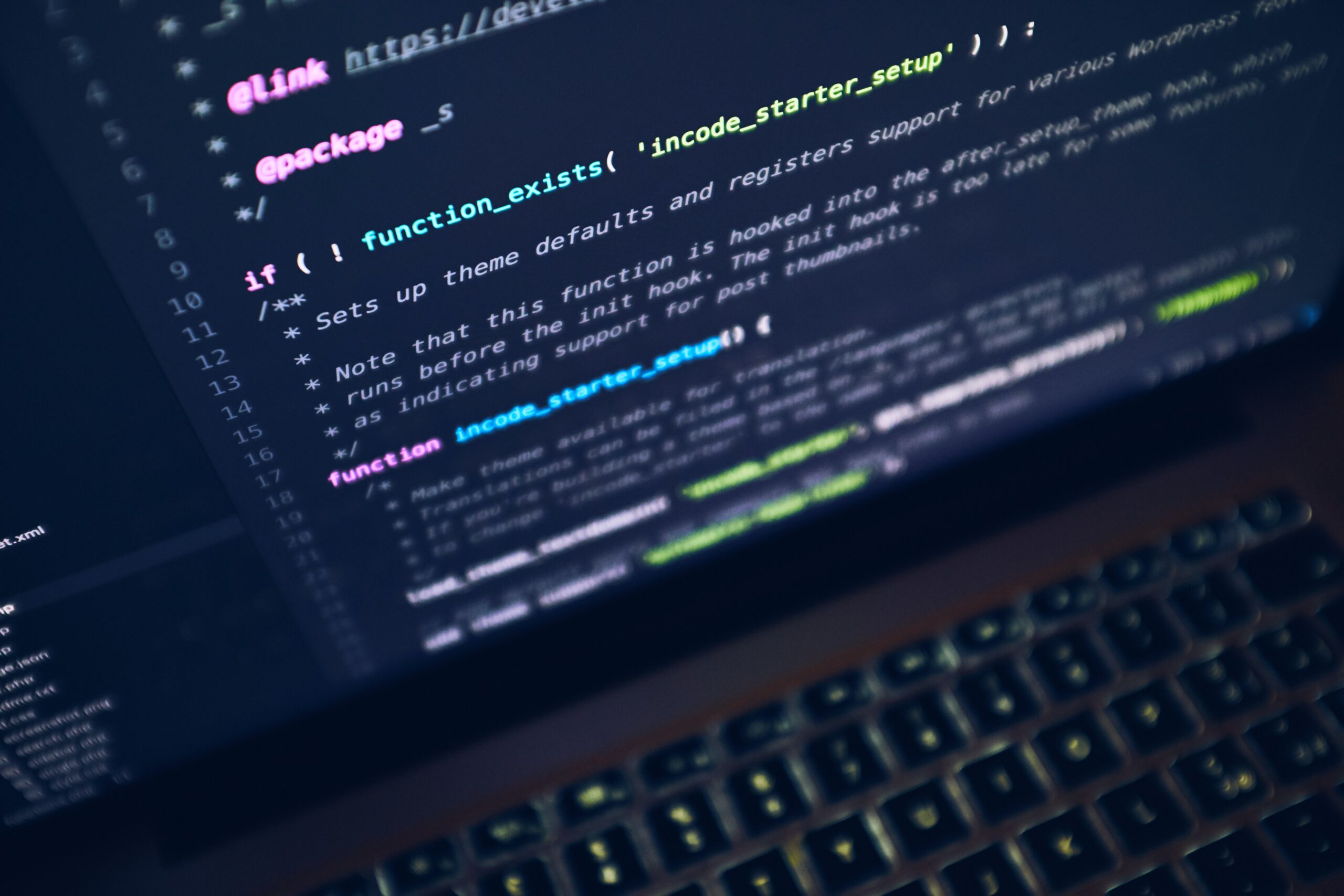Share:
Perspectives Matter #2910 AI How It's Changing Our Future
Joining Host Vince Poscente are guests: Gopal Gupta, Ph.D., Erik Johnson Chaired Professor, Department of Computer Science, UT Dallas. Byron Reese, (@ByronReese2), author and futurist, and Bruce Turkel, CPAE, (@BruceTurkel), Corporate Branding Expert AI puzzles many. What is it, how does it work, and will it lead to robots taking over the world? AI makes it possible for machines to learn from experience, adjust to new inputs and perform human-like tasks. “Computers” can be trained to accomplish specific tasks by processing large amounts of data and recognizing patterns in the data. (SAS.com) AI may be puzzling but it’s been around for a while and we’ve grown used to the help that let’s say an Alexa can give us. While some of us are concerned about how AI may change our jobs, it - can also increase productivity and people performance, releasing employees from mundane tasks so they can focus on more important issues. Our guests talk about the uses of AI. How we need to embrace, not fear it, and why. And that no - “It’s not possible that robots could replace humans.” Maybe... #AI #artificialintelligence #GopalGupta #ByronReese #BruceTurkel #VincePoscente #PerspectivesMatter #mccuistiontv Get details about our expert guests and past shows at www.McCuistionTV.com Subscribe to this channel to be alerted when we upload new episodes. And be sure to share this episode with those you think will benefit from it. • Perspectives Matt... We welcome your feedback. Thank you for engaging with us. Regards, Niki McCuistion, Co-Founder, Executive Producer niki@nikimccuistion.com. If you want to catch up on any past McCuistion programs, you can watch them at your convenience by visiting www.McCuistionTV.com.
Look around. Clearly, we humans are radically different from the other creatures on this planet. But why? Where are the Bronze Age beavers? The Iron Age iguanas? In today’s episode, our guest argues that we humans owe our special status to our ability to imagine the future and recall the past, escaping the perpetual present that all other living creatures are trapped in. Envisioning human history as the development of a societal superorganism he names Agora, our guest shows us how this escape enabled us to share knowledge on an unprecedented scale, and predict—and eventually master—the future. He unravels our history as an intelligent species in three acts: * Act I: Ancient humans undergo “the awakening,” developing the cognitive ability to mentally time-travel using language * Act II: In 17th century France, the mathematical framework known as ‘probability theory’ is born—a science for seeing into the future that we used to build the modern world * Act III: Beginning with the invention of the computer chip, humanity creates machines to gaze into the future with even more precision, overcoming the limits of our brains We welcome back the author of “Stories, Dice, and Rocks That Think: How Humans Learned to See the Future–and Shape It” friend of the show, Byron Reese. Find Byron here: www.byronreese.com

- Podcast (Audio)
- Podcast, Video





